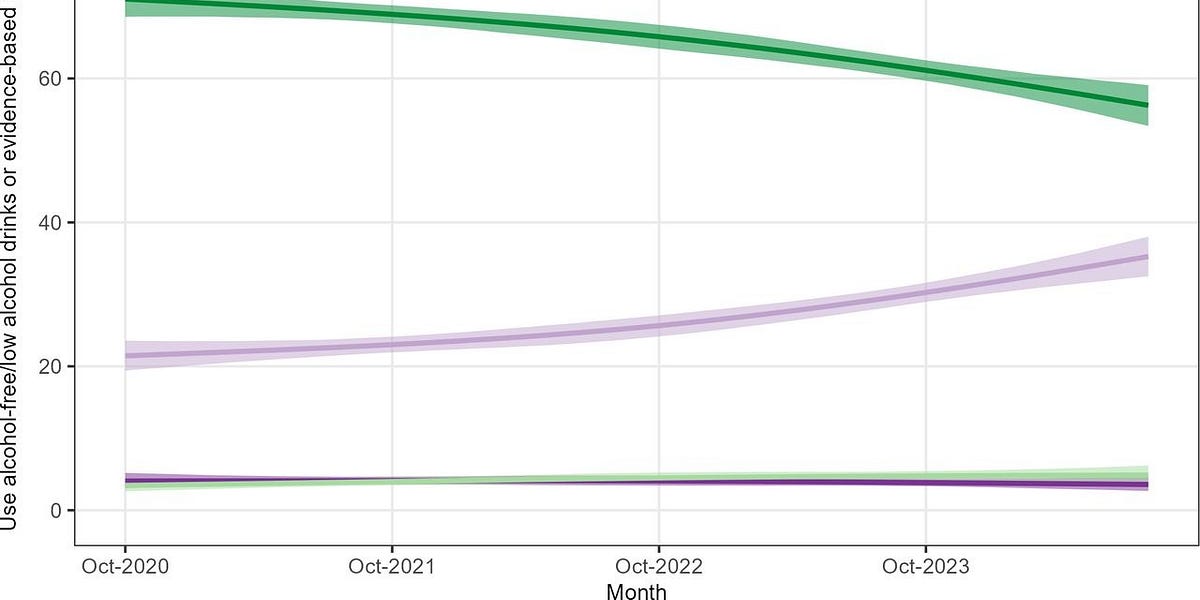Monday, 9 June 2025 - 18:30
Share this:
A company from Delft has developed an innovative mushroom coffin that fully decomposes in the soil within 45 days, offering a sustainable alternative to traditional burial caskets. Since its creation five years ago, around 2,500 people in Europe have been buried in these coffins, and this week marked the first funeral using one in the United States. The company, Loop, is now expanding its reach worldwide, Omroep West reports.
Founder Bob Hendrikx describes the business as an “out-of-control graduation project.” The company operates from an industrial site in Delft, where shelves are lined with dozens of white capsules filled with a moss bed, ready for burial.
These coffins are “grown” inside plastic molds using the root networks of mushrooms, called mycelium. The production process takes seven days, after which the molds are washed and reused to grow new coffins. In addition to coffins, the company also offers urns made from the same material.
Each coffin weighs only about 30 kilograms but can support up to 200 kilograms. “The heaviest person buried in one weighed 130 kilograms,” Hendrikx told Omroep West.
Hendrikx encouraged Omroep West reporters to touch one, “Soft, isn’t it? A very huggable coffin.” The coffins also come with handles,reportedly making them easier to carry by hand or on shoulders.
Hendrikx said Loop’s growth has surpassed expectations. “We started in a small lab, and now we have a 1,400-square-meter facility,” Hendrikx said. He added that the company has successfully entered international markets, including the United States, a milestone he said he once only dreamed of.
“It’s about the environment,” Hendrikx explained. “After our death, we emit CO2. A traditional coffin requires cutting down a tree and uses glue that pollutes the soil. That doesn’t happen here. People want to do something positive for nature.” He emphasized that the coffins dissolve in the ground and actually enrich the soil, adding real value to the natural environment.
.png)



